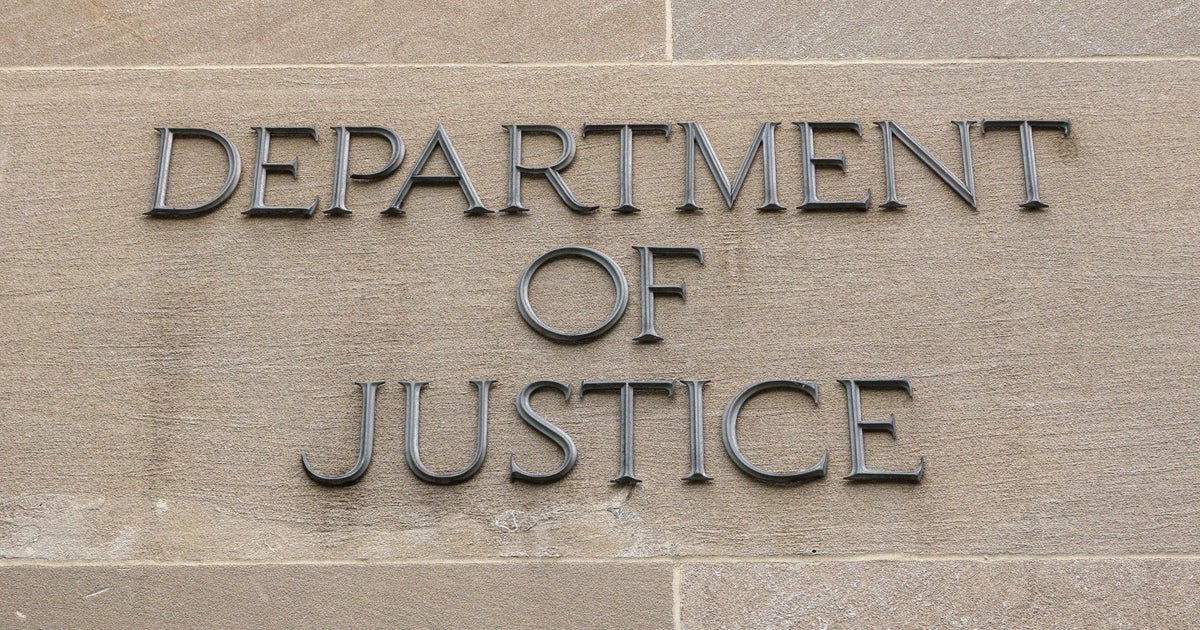U.N. chief laments "strong and relentless pushback against women's rights"
United Nations - U.N. Secretary-General Antonio Guterres told an auditorium full of college students in New York on Thursday that there was "a strong and relentless pushback against women's rights" across the globe.
Despite some advances, he said, "the state of women's rights remains dire" and violence against women, including murder, "is at epidemic levels."
Guterres' address at The New School came as the U.N. geared up for both International Women's Day on March 8 and the 25th anniversary of the global body's Commission on the Status of Women meeting in New York, which begins on March 9 with a focus on gender equality and economic justice.
"Legal protections against rape and domestic violence are being diluted or rolled back. Rape within marriage continues to be legal in 34 countries," Guterres said Thursday. "Women leaders and public figures face harassment, threats and abuse, online and off."
Guterres said the "pushback" against women's rights demanded a response because the offenses were so pervasive: "The policing of personal freedom and dress are a daily reality for millions of women and girls… from governments to corporate boards to awards ceremonies, women are excluded from the top table."
One of students at the event, Maria Francisca Paz y Miño Maya, a Master of Science candidate at The New School, told CBS News: "From migration to gender to health to economic empowerment, women have a lot to say; it is a time for women to own this debate."
She said she hopes to help inspire the next generation of women to have a greater voice.
Guterres spoke of the history of "a male-dominated world with a male-dominated culture," beginning with "patriarchy, a social system founded on inheritance through the male line."
"In a big and deep way, the pushback can be attributed to the idea that patriarchy… is normal and inevitable," journalist and activist Gloria Steinem told CBS News on Thursday. She added, however, that in the U.S. "the majority of the country no longer believes that."
"Not only are women's rights still a concern, they are challenged and attacked," France's U.N. Ambassador Nicolas de Riviere told CBS News. "When it comes to women's rights, whenever we stop moving forward, we go backwards."
Germany's Foreign Minister Heiko Maas also spoke of the need to reverse the current trend Thursday at a separate event at the U.N., saying: "We have to push back on the pushback."
Guterres listed five areas in which women's rights needs to be improved: protection for violence against women; in the climate crisis, which he said has a disproportionate impact on women; in building inclusive economies; addressing the "digital divide," where artificial intelligence is often programmed with a bias against women; and, finally, in political representation in government around the world.
"Everywhere, women are worse off than men, simply because they are women," the U.N. chief said, adding: "We live in a male-dominated world with a male-dominated culture. Policies that penalize women… are back in fashion."
But the U.N. chief ended on a positive note, saying: "Today, young women like Malala Yousafzai and Nadia Murad are breaking barriers and creating new models of leadership."




